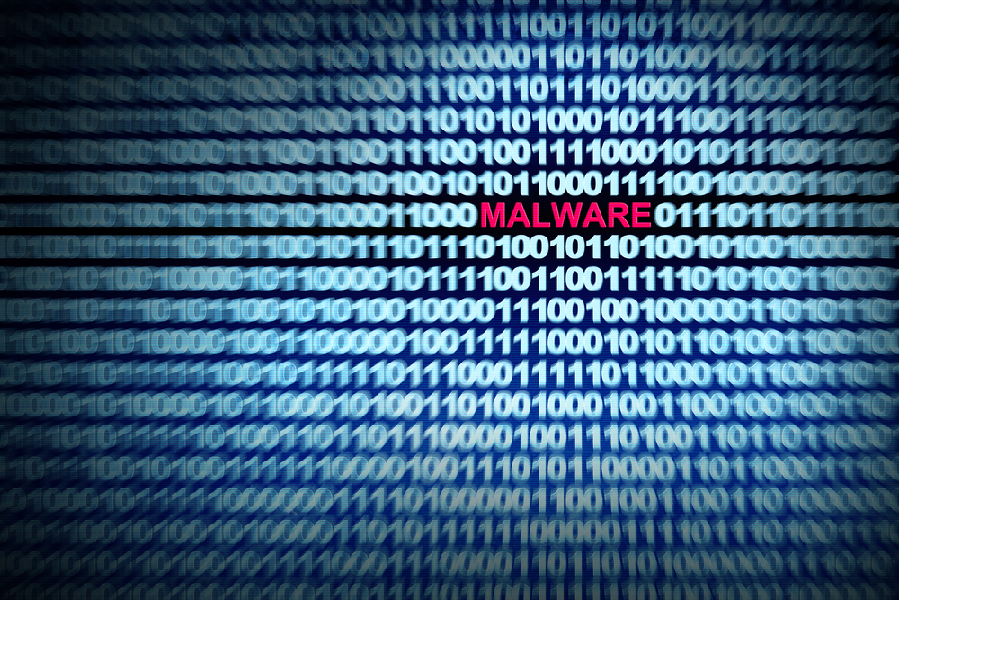BROWSE BY TOPIC
- Bad Brokers
- Compliance Concepts
- Investor Protection
- Investments - Unsuitable
- Investments - Strategies
- Investments - Private
- Features/Scandals
- Companies
- Technology/Internet
- Rules & Regulations
- Crimes
- Investments
- Bad Advisors
- Boiler Rooms
- Hirings/Transitions
- Terminations/Cost Cutting
- Regulators
- Wall Street News
- General News
- Donald Trump & Co.
- Lawsuits/Arbitrations
- Regulatory Sanctions
- Big Banks
- People
TRENDING TAGS
Stories of Interest
- Sarah ten Siethoff is New Associate Director of SEC Investment Management Rulemaking Office
- Catherine Keating Appointed CEO of BNY Mellon Wealth Management
- Credit Suisse to Pay $47Mn to Resolve DOJ Asia Probe
- SEC Chair Clayton Goes 'Hat in Hand' Before Congress on 2019 Budget Request
- SEC's Opening Remarks to the Elder Justice Coordinating Council
- Massachusetts Jury Convicts CA Attorney of Securities Fraud
- Deutsche Bank Says 3 Senior Investment Bankers to Leave Firm
- World’s Biggest Hedge Fund Reportedly ‘Bearish On Financial Assets’
- SEC Fines Constant Contact, Popular Email Marketer, for Overstating Subscriber Numbers
- SocGen Agrees to Pay $1.3 Billion to End Libya, Libor Probes
- Cryptocurrency Exchange Bitfinex Briefly Halts Trading After Cyber Attack
- SEC Names Valerie Szczepanik Senior Advisor for Digital Assets and Innovation
- SEC Modernizes Delivery of Fund Reports, Seeks Public Feedback on Improving Fund Disclosure
- NYSE Says SEC Plan to Limit Exchange Rebates Would Hurt Investors
- Deutsche Bank faces another challenge with Fed stress test
- Former JPMorgan Broker Files racial discrimination suit against company
- $3.3Mn Winning Bid for Lunch with Warren Buffett
- Julie Erhardt is SEC's New Acting Chief Risk Officer
- Chyhe Becker is SEC's New Acting Chief Economist, Acting Director of Economic and Risk Analysis Division
- Getting a Handle on Virtual Currencies - FINRA
ABOUT FINANCIALISH
We seek to provide information, insights and direction that may enable the Financial Community to effectively and efficiently operate in a regulatory risk-free environment by curating content from all over the web.
Stay Informed with the latest fanancialish news.
SUBSCRIBE FOR
NEWSLETTERS & ALERTS
How Grad Student Found Spyware That Could Control Anybody’s iPhone From Anywhere in the World
Last summer, Bill Marczak stumbled across a program that could spy on your iPhone’s contact list and messages - and even record your calls. Illuminating shadowy firms that sell spyware to corrupt governments across the globe, Marczak’s story reveals the new arena of cyber-warfare.
A trim UC Berkley Ph.D. candidate with dense brown hair and a disciplined beard, Marczak wasn’t just another excitable, fast-talking Berkeley grad student. He was a pioneering analyst in a new and unusual theater of cyber-warfare: the struggle between Middle Eastern freedom activists and authoritarian governments in countries such as Bahrain and Egypt. He was also a senior fellow at Citizens Lab, the University of Toronto “interdisciplinary laboratory” that had almost single-handedly discovered and alerted the world to how these governments were monitoring dissidents with spyware quietly marketed by a group of shadowy European and Israeli companies that have been labeled the first “cyber-arms dealers.”
Before going to sleep, Marczak, always a tad obsessive, rolled out of bed to check his phone for messages. He was standing there in his boxer shorts when he saw it. “Oh my God,” he exclaimed, hopping up and down with excitement, his bright eyes shining even brighter than usual.
Across the bed, his girlfriend wondered, “What is it?”
“I think I just found something huge,” he answered, before kissing her and going into the living room, where he opened his laptop.
When his girlfriend woke the next morning, he was still there.
Marczak had indeed found “something huge.” An activist friend in the United Arab Emirates had sent him an e-mail containing a single Internet link, which Marczak was almost certain would, if clicked, release malignant spyware into his mobile phone. He managed to isolate a portion of its code, but it was so complex he decided to forward a copy across San Francisco Bay to engineers at a computer-security outfit called Lookout, whose offices high in a downtown skyscraper afforded panoramic views from the Golden Gate Bridge to Oakland.
A pair of Lookout engineers, Andrew Blaich, a sandy-haired mobile-security specialist, and Max Bazaliy, an intense grad student from the Ukraine, were the first at the company to study the heavily obfuscated code.
“What do you think it is?” Blaich asked.
“I don’t know. Something really, really bad,” Bazaliy answered in his thick Ukrainian accent.
It took all day for the 2 to realize just how bad.
It is exceedingly rare to find a never-before-seen vulnerability that allows a hacker to infiltrate the operating system of a computer or mobile phone. Amazingly, the program Marczak had found would be shown to target not one, not two, but three such vulnerabilities.
“Every new line of code, it was like, ‘Oh shit, this can’t be,’ ” Blaich recalls. “ ‘Oh shit. Oh shit.’ It just went on and on.”
By nightfall, the two engineers were staring in disbelief. “This can spy on audio, e-mail, text messages . . . everything. Someone spent a lot of time creating this,” Blaich said.
Bazaliy, a purist, thought it the most beautiful code he had ever seen. “There’s never been anything like this before,” he said.
[Click link to continue reading.]





